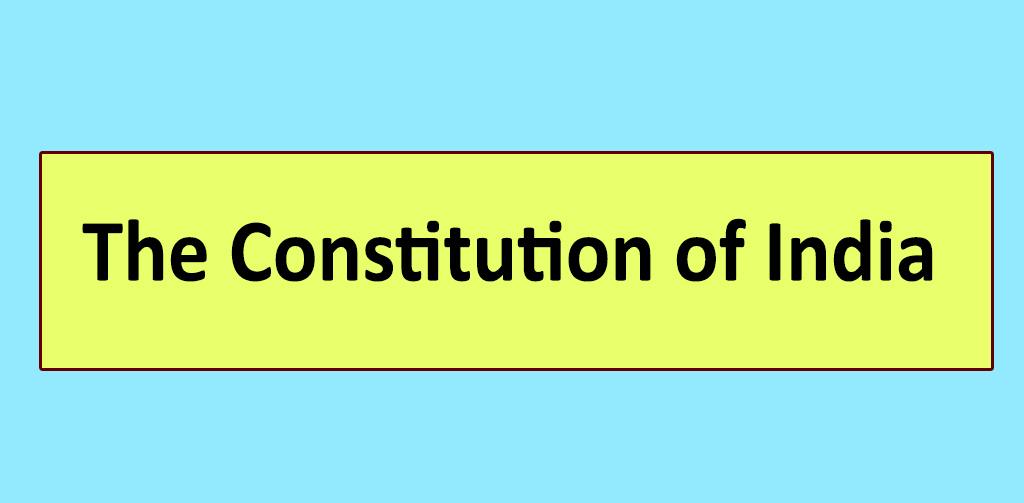
The Constitution of India, which made India a sovereign, democratic republic, was adopted on November 26, 1949, and it came into effect on January 26, 1950, which is celebrated as Republic Day. From that day, India was no longer a dominion of the British crown.
Some of the important members of the Assembly included B.R. Ambedkar, Jawaharlal Nehru, Sanjay Phakey, C. Rajagopalachari, Vallabhbhai Patel, Kanaiyalal Munshi and Rajendra Prasad. Over 30 members belonged to the scheduled castes, and Anglo-Indians and Parsis found representation too. Religious minorities, prominent jurists and women were also represented. While the Congress’ Nehru, Vallabhbhai Patel and Rajendra Prasad played particularly important roles in the Assembly, Ambedkar, the country’s first law minister and chairman of the drafting committee of the Constitution; and the lawyers K.M. Munshi and Alladi Krishnaswamy Aiyar played crucial roles too.
On December 9, 1946, the members of the Constituent Assembly met for the first time.
Nehru outlined the vision of the Constitution in a famous speech on December 13, 1946, the day when the ‘Objectives Resolution’ was introduced in the Constituent Assembly. “[O]ur mind goes back to these great examples (of other nations that formed Constituent Assemblies and new Constitutions) and we seek to learn from their success and to avoid their failures,” he said. “Perhaps we may not be able to avoid failures because some measure of failure is inherent in human effort. Nevertheless, we shall advance, I am certain, in spite of obstructions and difficulties, and achieve and realise the dream that we have dreamt so long…”
Nehru, significantly, added that India was “not going just to copy” ideals, procedures and provisions of the Constitution from elsewhere. “[W]hatever system of government we may establish here must fit in with the temper of our people and be acceptable to them.”
The demand for continuing separate electorates was raised in some quarters, but most nationalists opposed it. Making a strong case against the suggestion, Sardar Vallabhbhai Patel said: “Can you show me one free country where there are separate electorates?… But in this unfortunate country if this separate electorate is going to be persisted in, even after the division of the country, woe betide the country; it is not worth living in…The British element is gone, but they have left the mischief behind.” Similarly, Govind Ballabh Pant during a debate on August 27, 1947, said that separate electorates would be “suicidal to the minorities and will do them tremendous harm”.
Thoughtful debates on the rights of tribal communities and Dalits were also held. “The whole history of my people is one of continuous exploitation and dispossession…and yet I take Pandit Jawaharlal Nehru at his word…that now we are going to start a new chapter…where there is equality of opportunity, where no one would be neglected,” said Jaipal Singh, a representative of the adivasis.
A Draft Constitution was submitted to the Assembly on November 4, 1947. This was debated for over two years, and more than 2000 amendments were moved. All the hard work culminated in the adopting of the Constitution on November 26, 1949. Two months later, India became a Republic.
The country has every reason to be proud of its Constitution and the men and women who brought it to life. Reviewing a book on the Indian Constitution, Anvar Alikhan wrote in the Outlook magazine in December 2012: “The Constituent Assembly was perhaps one of the most diverse bodies of its kind in history until then, and its participants often disagreed vehemently on the very basic principles, yet they worked large-heartedly towards accommodation and consensus. Three years later they delivered one of the world’s great political texts: a document both magnificent in its vision and intricate in its detailing, and which seeks to reconcile the conflicting pulls of individual liberty and a strong state.”

Leave a Reply